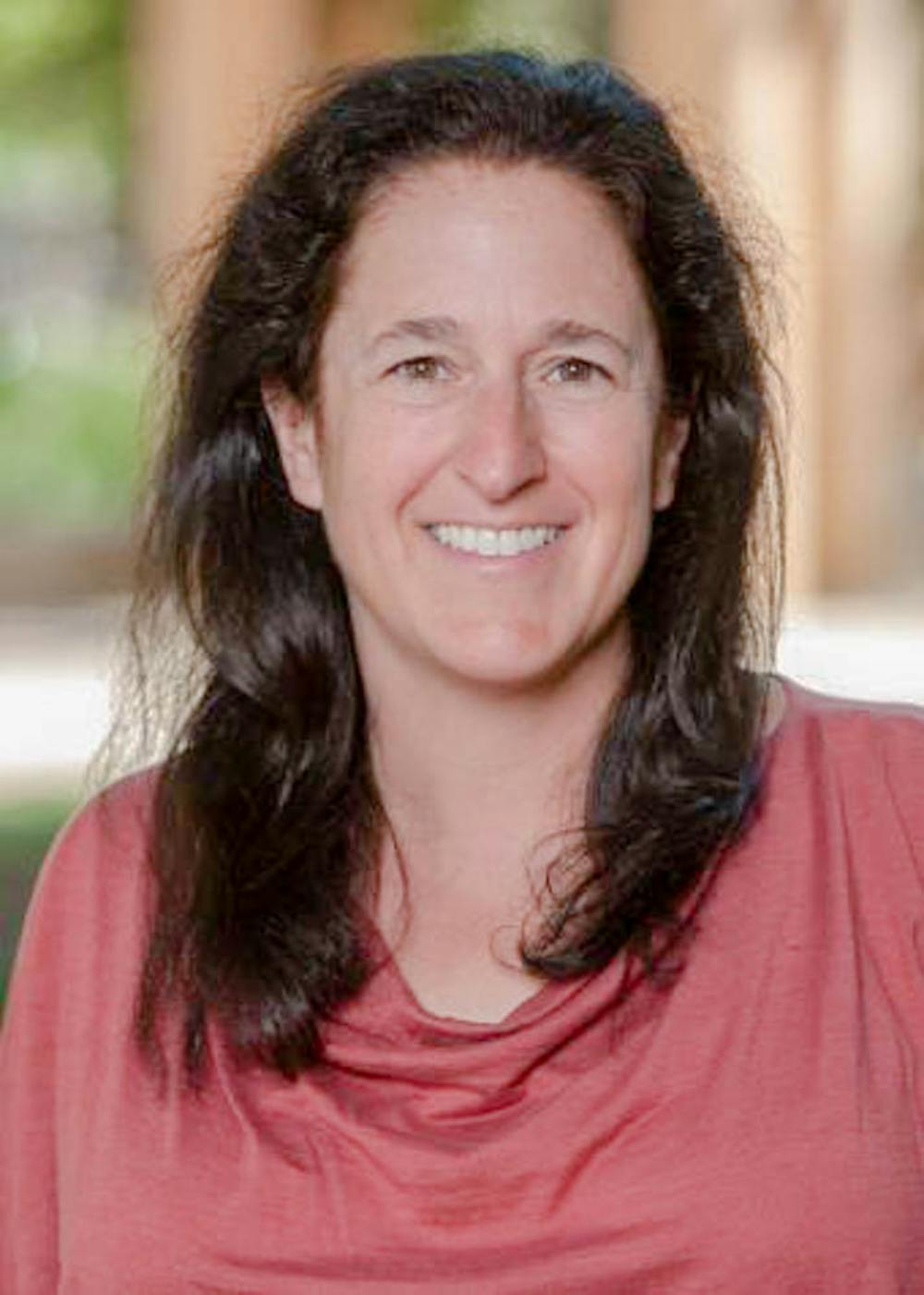University professors Susanna Loeb, Kenneth Wong, Matthew Kraft and John Papay were named in the 2019 Rick Hess Straight Up Edu-Scholar Public Influence Rankings Jan. 9.
The list ranks the top 200 U.S. university scholars who most influenced “educational practice and policy” last year, according to an Education Week article written by Hess. Loeb was listed 104th, Wong tied at 143rd, and Kraft and Papay numbered 166th and 190th respectively, according to the ranking. A selection committee of 29 university professors chose the scholars, according to the article. The committee took a variety of categories into account, including the number of widely cited works written by the scholar, the number of times the scholar has been quoted or mentioned in U.S. newspapers and whether the scholar’s work has been utilized by a member of Congress, according to Hess’s breakdown of the selection process.
“It’s exciting that so many of our faculty are being recognized,” said Tracy Steffes, chair of the University’s Department of Education. The department’s goal is to “both advance scholarship and have an impact in the real world of education policy,” and Loeb, Kraft, Papay and Wong have been working with these goals in mind for years, Steffes added.
Susanna Loeb
“It is always nice to be recognized for the work that we do,” Loeb, professor of education and international and public affairs, wrote in an email to The Herald. Loeb became director of the University’s Annenberg Institute for School Reform in July 2018, The Herald previously reported. Loeb assumed the position “because of Brown’s interest in addressing public, societal issues,” she wrote.
“Much of my work to date has focused on the career paths and effectiveness of educators,” Loeb wrote. For a recent paper, Loeb and Jing Liu, a postdoctoral research associate at Annenberg, studied the long-term effectiveness of teachers who engage their students — measured by student attendance records — and discovered their students didn’t always earn the highest test scores, Loeb added.
In 2018, Loeb also designed and oversaw Getting Down to Facts II, a project which analyzed California’s PreK-12 education system to determine the efficacy of recently adopted reforms and provide “potential avenues moving forward for State policy makers,” Loeb wrote. The project analyzed “student success, governance systems, personnel issues and school finance” to build a better understanding of California’s education system.
It is “so important for researchers to translate their work so it enters the public discussion,” Loeb wrote.
Kenneth Wong
Wong, a professor of education policy, international and public affairs, political science and the founder of the University’s urban education master’s program, takes “a system improvement perspective to urban education.” While many education scholars focus on teachers and students specifically, Wong seeks to improve the systems that govern American education, he said. “School board, state agencies and the mayor’s office, … they could think about stronger ways to hold the system accountable,” he added.
Charter schools have been one of Wong’s primary areas of research due to their ability to “try out new practices” and styles of education, he said. Due to his interest in “government redesign and system improvement,” Wong has studied “the politics and scope” of charter school legislation across the U.S., such as the varying flexibility of legislation in different states.
While Wong has been involved with a number of projects in the Providence area, he has also spent time researching education systems in China and India and exchanging ideas with local educators. Chinese and Indian educators “are interested to find out how we run our system, … how we recruit good teachers …(and how we) hold schools accountable for results,” Wong said. He became interested in Chinese and Indian education systems while researching how to apply education reforms to larger-scale institutions.
Matthew Kraft and John Papay
Kraft, professor of education, and Papay, professor of education, have worked closely together for years “on a variety of research projects,” Kraft said. “All of our work together has focused on teachers,” and understanding how policies affect how they do their work, Papay said.
In an award-winning paper the two co-authored in 2014, Kraft and Papay investigated how teachers can improve over time. “The idea that teachers keep improving over their careers went against some of the ideas in the policy world at the time,” Papay said. “They talked about this performance plateau … that teachers didn’t improve after (3-5) years in the classroom,” he added.
However, the two professors found that “teacher effectiveness is not something that’s just static, … it’s dynamic and multidimensional,” Kraft said.
Kraft has also researched teacher coaching programs and how to better educate teachers in “both content-specific coaching, as well as more generalized pedagogical practices,” and developing students’ social and emotional skills. “It’s about strengthening a wide range of skill sets,” he added.
Papay has recently been working directly with multiple state departments of education. Along with John Tyler, professor of education, economics and public policy, Papay has been helping the Tennessee Department of Education build upon their system for evaluating teachers “to help provide feedback to improve instructional practice,” Papay said. He is also beginning a partnership with the Massachusetts Department of Education, conducting research to inform them on education policy changes they are enacting.
“It’s impressive that two of our four (ranked professors) are pretty young, … within ten years of getting their degree,” Steffes said of Papay and Kraft. Hess’s selection process is biased toward more senior scholars, who “have had more opportunity to build a substantial body of work and influence,” according to his breakdown of the methodology behind his rankings.





